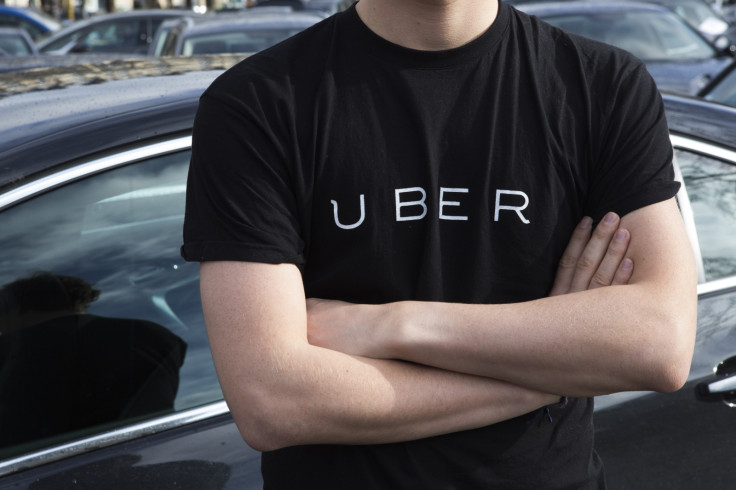US judge rejects Uber's 'unfair' proposed $100m settlement in class action driver lawsuit
US district judge Edward Chen ruled that the deal was 'not fair, adequate and reasonable.'

A US federal judge has rejected a proposed settlement in a major class-action lawsuit against Uber, ruling that it was neither fair nor adequate for Uber drivers. The popular ride-hailing service agreed to pay up to $100m (£76.2m) to around 385,000 current and former drivers in California and Massachusetts who sued the company over their classification as independent contractors rather than employees.
In a ruling issued by US district judge Edward Chen on Thursday (19 August), he noted that the deal was "not fair, adequate and reasonable" as a whole and "yields less than 5% of the total verdict value of all claims being released."
Under the proposed settlement that was reached in April, Uber would have been required to pay $84m and up to another $16m depending on the success of an IPO.
However, the company would have been allowed to continue classifying drivers as independent contractors and would not be responsible for multiple benefits such as health insurance, Social Security, overtime and paid sick days. Uber would be prohibited from "deactivating" (Uber's term for getting fired) drivers without reason. It would also be required to publish a "driver deactivation policy," and create an appeals panel in both states for drivers who feel they were wrongfully terminated.
The company would also make it clear to customers that tips are not included in Uber's ride fares and allow drivers to post signs informing riders about the same.
"The settlement, mutually agreed by both sides, was fair and reasonable," Uber said in a statement. "We're disappointed in this decision and are taking a look at our options."
"I am disappointed the judge did not approve the settlement, but I understand and I have heard him," the plaintiff's attorney Shannon Liss-Riordan said, the Guardian reports.
In May, the proposed settlement was immediately criticised by Uber drivers, who submitted more than 20 settlement objections to Chen, as well as other lawyers. According to court documents unsealed in May, drivers in California and Massachusetts would have been entitled to an additional $730m in expense reimbursements since 2009 if they were classified as employees rather than contractors, Reuters reported. The total potential damages in the case are roughly $850m.
Critics also slammed the plaintiff's attorney who struck the deal with Uber as being greedy, saying she sold out her clients by accepting an inadequate settlement "while she walks away with $25 million."
"She has single-handedly stuck a knife in the back of every Uber driver in the country," Hunter Shkolnik, a New York lawyer who is also pursuing his own cases against Uber, told Bloomberg. "The entire class was thrown under the bus and backed over."
Liss-Riordan said that if the judge does not approve a new agreement she will "take the case to trial and fight my hardest for Uber drivers."
© Copyright IBTimes 2025. All rights reserved.





















